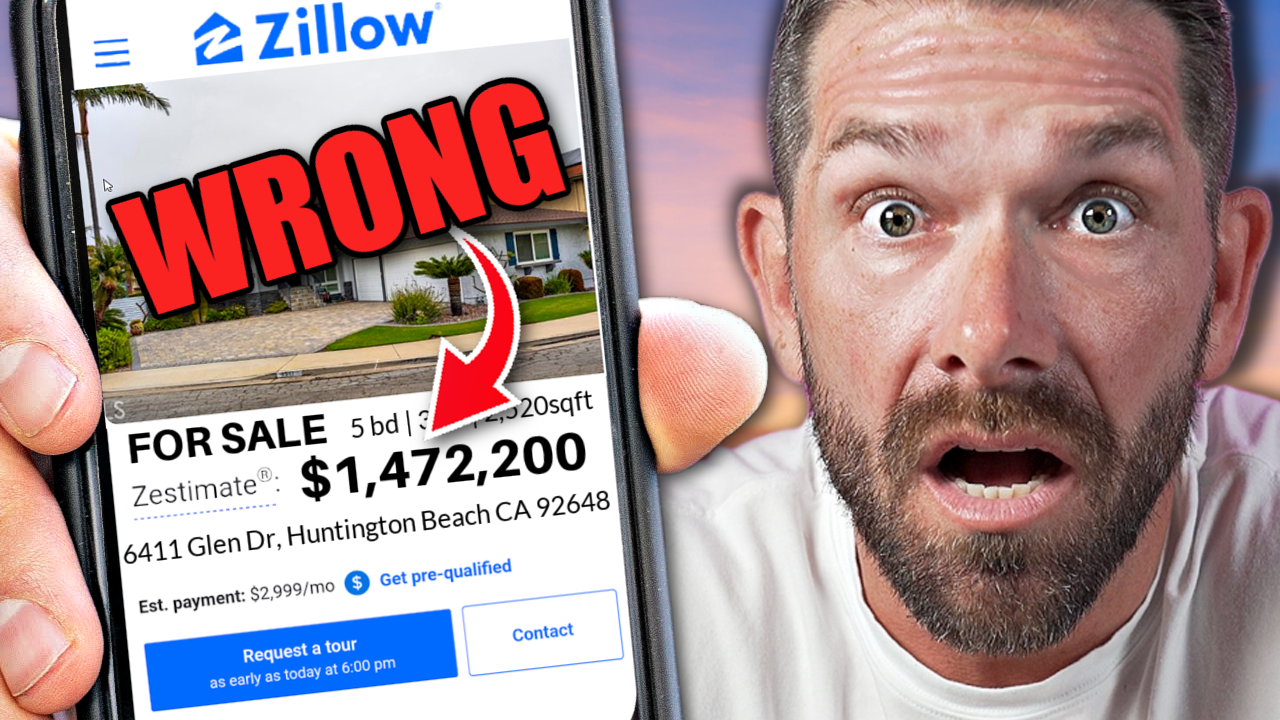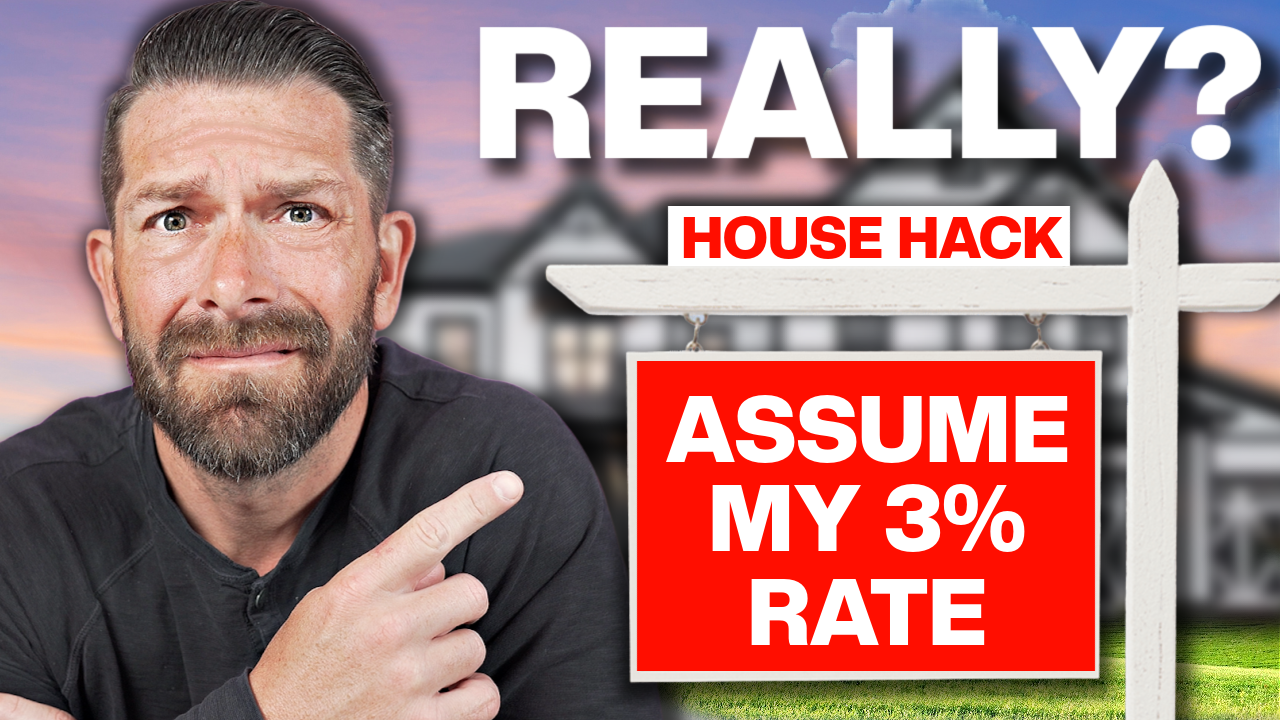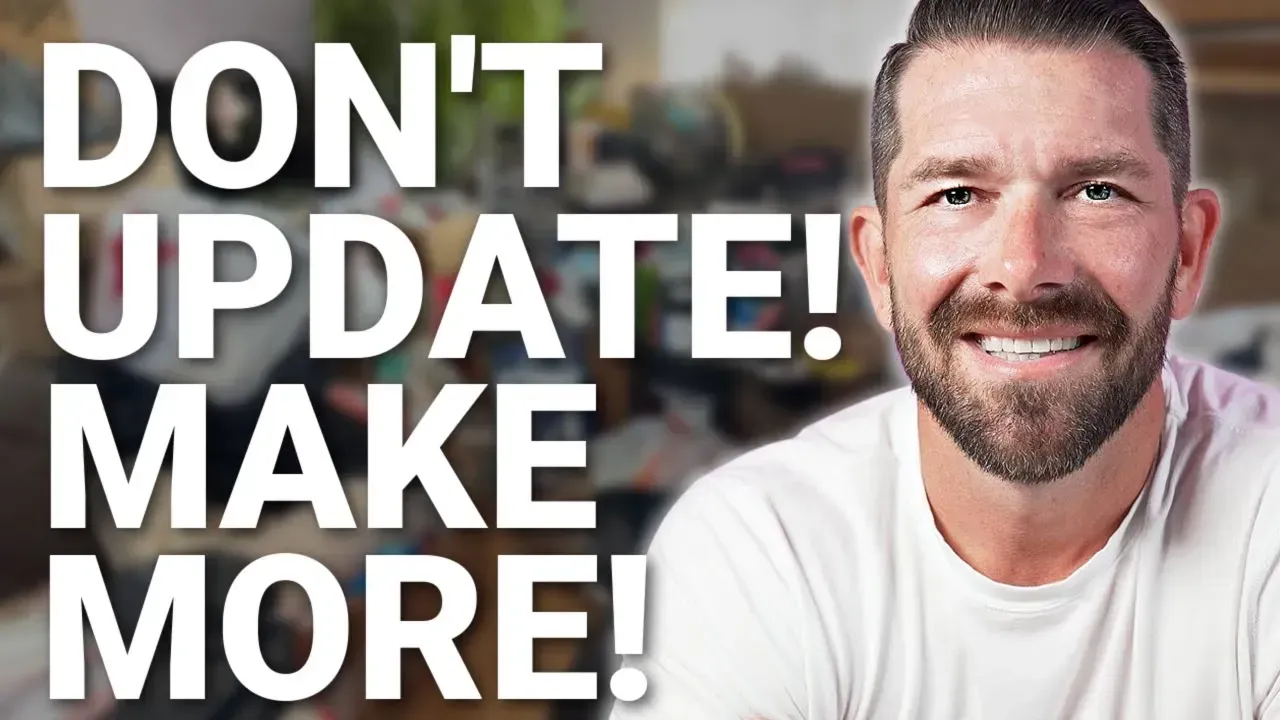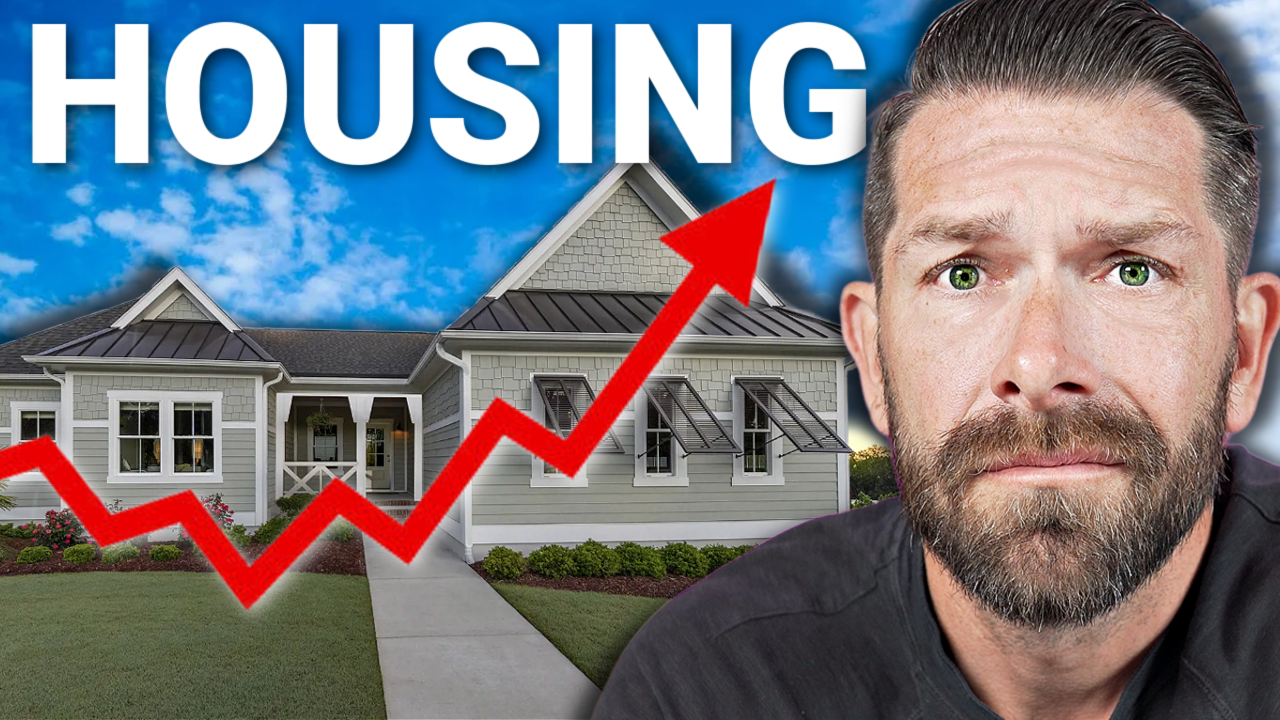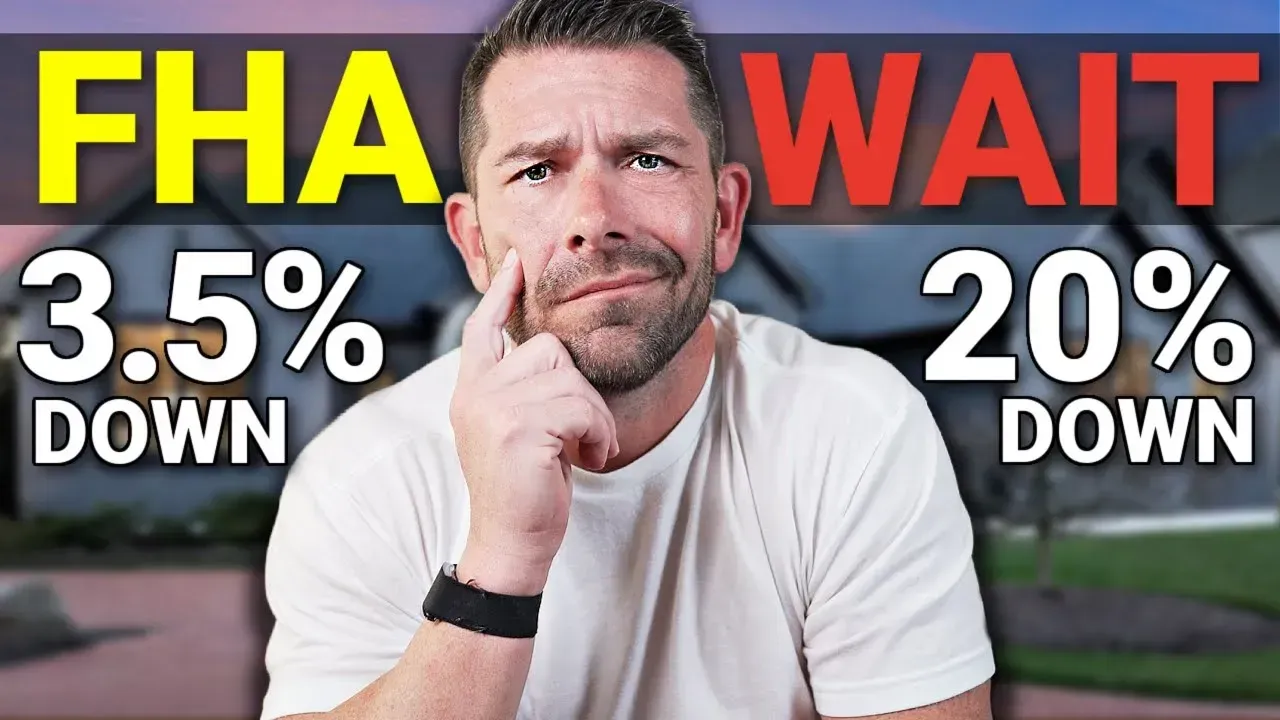Things You Should Never Say to Your Real Estate Agent
Get The Latest OC Housing Report
Things You Should Never Say to Your Real Estate Agent (and Why It Can Cost You Thousands!)
When it comes to selling your home, saying too much to your real estate agent could cost you thousands of dollars. In fact, oversharing could lead to lower offers, prolonged negotiations, or even scare off potential buyers. With over 20 years of experience as a real estate agent, I’ve seen firsthand how the wrong words can shift the power in negotiations. In this article, we'll discuss the critical things you should never say to your real estate agent—and how staying strategic with your words can help you get top dollar for your home.
🏠 1. Never Divulge Your Bottom Line
One of the biggest mistakes you can make as a seller is revealing the minimum amount you’re willing to accept for your home. While your agent is ethically bound to work in your best interest, knowing your bottom line can unintentionally influence how they approach negotiations. If an offer comes in above your bottom line but below your asking price, it might be harder for your agent to push for a higher offer. Keep your cards close and let your agent negotiate without limitations.
💡 Pro Tip: How to Respond When Asked About Your Bottom Line
If your agent asks what your lowest acceptable price is, a good response might be: "I trust your expertise to negotiate the best possible price. I’d like to focus on getting as close to the asking price as we can."
🔎 Real-Life Example
A client of mine once shared their bottom line with their agent, who then disclosed it (unintentionally) to a potential buyer. The buyer came in with an offer just slightly above that bottom line, and the seller lost thousands of dollars they might have gained through stronger negotiations.
⏰ 2. Avoid Showing Urgency
If you need to sell your home quickly due to life circumstances, such as a job transfer or financial strain, it’s best to keep this information private. Agents might market your property differently if they sense urgency, possibly signaling to buyers that you’re more open to lowball offers. The more desperate a seller seems, the more leverage buyers have.
🚨 Why Urgency Can Be Costly
In a buyer's market, where inventory is high, urgency can make your home seem like a bargain waiting to happen. Instead of saying, "I need to sell fast," try: "We’re motivated but not in a rush. We’re focused on finding the right buyer at the right price."
⏳ Common Scenarios That Create Urgency
- Job Relocation: Avoid mentioning tight moving deadlines.
- Financial Distress: Do not discuss foreclosure risks or financial strain.
- Family Changes: Selling due to divorce or family emergencies should remain confidential.
📋 3. Don’t Commit to the First Agent You Meet
Many sellers make the mistake of hiring a family friend or the first agent they meet without conducting proper research. It’s important to interview multiple agents, review their pricing and marketing strategies, and ask for proof of past performance. A lack of due diligence can cost you in the long run, both in terms of sale price and the overall selling experience.
🔍 Key Questions to Ask Before Committing to an Agent
- What’s your pricing strategy for my home?
- How do you plan to market my property?
- Can you share recent examples of homes you’ve sold and their outcomes?
- How do you handle negotiations with buyers?
- What is your experience with homes in my price range?
🔍 4. Be Cautious About Revealing Life Changes
Disclosing personal life changes such as a divorce, death in the family, or other motivating factors for selling can give buyers an advantage. Experienced buyer agents will use this information to push for a lower price, knowing you might be under pressure to sell quickly.
🎯 How to Stay Private About Life Changes
When asked why you’re selling, keep responses broad: "We’re looking for a new adventure," or "We’ve decided to explore new opportunities."
🛠️ 5. Avoid Oversharing About Home Issues
While honesty is crucial when filling out property disclosures, there is no need to volunteer extra information about your home’s issues. Stick to factual disclosures and avoid adding personal opinions or unnecessary details.
🧠 The Psychology of Home Buying
Buyers often look for reasons to negotiate a lower price. Oversharing about minor issues gives them ammunition to do so. Stick to factual disclosures and avoid adding personal opinions or unnecessary details.
🚫 6. Never Badmouth Your Neighborhood
Negative comments about your neighborhood, HOA, or neighbors can deter potential buyers. Even a minor disagreement with a neighbor might not matter to a buyer until you bring it up. Stay professional and focus on the positive aspects of your community.
🌳 What to Say Instead
"We love the community feel of our neighborhood and the nearby amenities. It’s been a great place to live."
💡 Key Takeaway
When selling your home, every word you say matters. Keep your bottom line, urgency, and personal motivations private. Focus on sharing only material facts about your property, and let your agent handle negotiations without any unintended disadvantages.
📺 Watch the Full Video for More Tips!
Be sure to watch the video below for more expert insights on how to maximize your home sale. If you’ve ever made one of these mistakes, let us know in the comments!
Want more expert real estate advice?
👉 Subscribe to the channel and turn on notifications to stay updated on the latest tips and strategies for home sellers!

